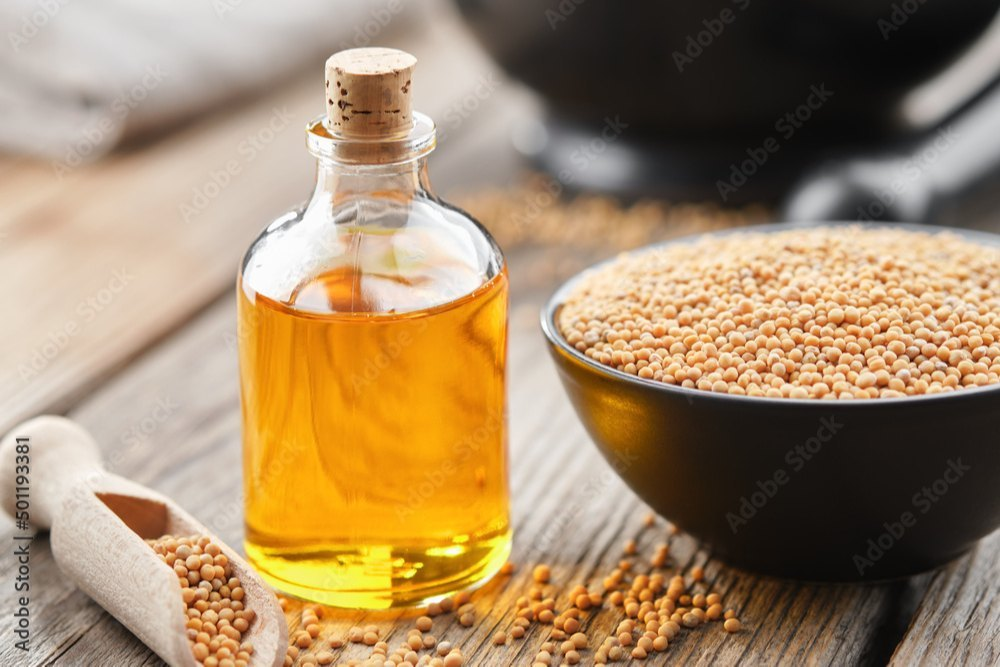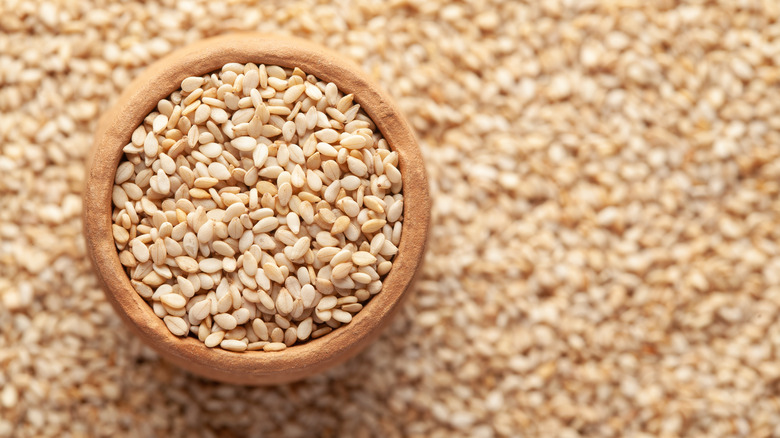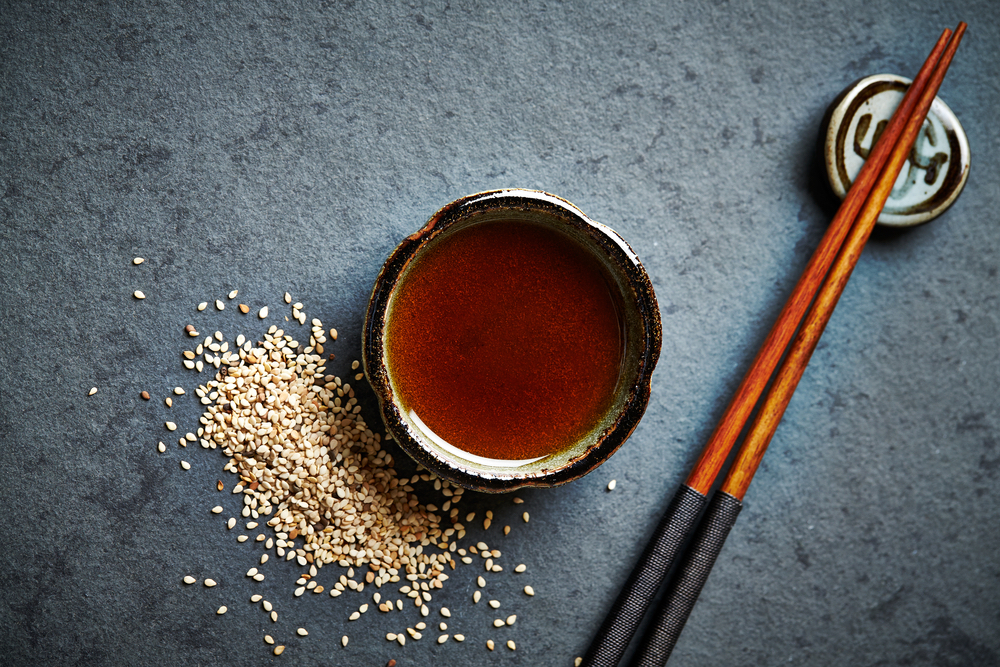Sesame oil, often referred to as the “golden elixir,” has been a staple in kitchens and medicine cabinets for centuries. Its rich, nutty flavor and myriad health benefits make it a versatile ingredient in both culinary and wellness applications. In this blog, we’ll delve into the classification of sesame oil, explore its production process, and highlight its numerous benefits. Whether you’re a seasoned chef or a health enthusiast, understanding the nuances of sesame oil can elevate your cooking and enhance your well-being.
Classification of Sesame Oil: Pure vs. Blended
When it comes to sesame oil, not all bottles are created equal. The two primary classifications are pure sesame oil and blended sesame oil. Pure sesame oil is made solely from sesame seeds, offering an unadulterated taste and maximum health benefits. It comes in two varieties: toasted and untoasted. Toasted sesame oil, with its deep, robust flavor, is perfect for finishing dishes, while untoasted sesame oil, with a lighter taste, is ideal for cooking.
Blended sesame oil, on the other hand, is a mix of sesame oil and other vegetable oils. This type is often more affordable and has a milder flavor, making it suitable for everyday cooking. However, it may not offer the same health benefits as pure sesame oil due to the dilution of sesame’s potent compounds. When choosing sesame oil, it’s essential to read labels carefully to ensure you’re getting the product that best suits your needs.

The Production Process: From Seed to Oil
The journey of sesame oil from seed to bottle is a fascinating one. It begins with the harvesting of sesame seeds, which are then cleaned and hulled. The seeds are either left raw or toasted, depending on the desired flavor profile of the final product. Toasting the seeds enhances their nutty flavor and gives the oil its characteristic dark color.
Once the seeds are prepared, they undergo pressing to extract the oil. There are two main methods of extraction: cold pressing and hot pressing. Cold pressing involves mechanically pressing the seeds at low temperatures, preserving the oil’s natural nutrients and flavor. Hot pressing, on the other hand, uses heat to extract more oil from the seeds, resulting in a higher yield but potentially compromising some of the oil’s nutritional value.
After extraction, the oil is filtered to remove any remaining seed particles. Some manufacturers may also refine the oil to improve its shelf life and stability. The final product is then bottled and ready for use. The meticulous production process ensures that sesame oil retains its rich flavor and health-promoting properties.

The Benefits of Sesame Oil: A Nutritional Powerhouse
Sesame oil is not just a culinary delight; it’s also a nutritional powerhouse. Rich in antioxidants, vitamins, and minerals, it offers a range of health benefits. One of the key components of sesame oil is sesamol, a potent antioxidant that helps protect cells from damage caused by free radicals. This makes sesame oil an excellent addition to a diet aimed at reducing the risk of chronic diseases such as heart disease and cancer.
In addition to its antioxidant properties, sesame oil is also known for its anti-inflammatory effects. It contains healthy fats, including omega-6 fatty acids, which can help reduce inflammation in the body. This makes it beneficial for individuals with conditions such as arthritis or inflammatory bowel disease. Moreover, sesame oil is a good source of vitamin E, which supports skin health and can help reduce the appearance of scars and wrinkles.
Sesame oil’s benefits extend beyond internal health. It’s also a popular ingredient in skincare and haircare products. Its moisturizing properties make it an excellent natural remedy for dry skin and hair. Applying sesame oil to the scalp can help reduce dandruff and promote healthy hair growth. Its antibacterial and antifungal properties also make it effective in treating minor skin infections and irritations.
Culinary Uses: Elevating Your Dishes
Sesame oil’s unique flavor profile makes it a versatile ingredient in the kitchen. Its nutty, slightly sweet taste can enhance a wide range of dishes, from stir-fries and marinades to dressings and dips. Toasted sesame oil, with its intense flavor, is best used as a finishing oil. Drizzle it over salads, soups, or roasted vegetables to add a burst of flavor. It can also be used in sauces and marinades to impart a rich, savory taste.
Untoasted sesame oil, with its milder flavor, is ideal for cooking. It has a high smoke point, making it suitable for frying and sautéing. Use it as a base for stir-fries or to cook vegetables and proteins. Its subtle flavor won’t overpower the other ingredients, allowing the natural tastes of your dishes to shine through.
For those who enjoy experimenting in the kitchen, sesame oil can be used to create unique flavor combinations. Try mixing it with soy sauce, ginger, and garlic for a delicious Asian-inspired marinade. Or combine it with honey and mustard for a sweet and tangy salad dressing. The possibilities are endless, and incorporating sesame oil into your cooking can elevate your dishes to new heights.
Conclusion: Embracing the Golden Elixir
Sesame oil is truly a golden elixir, offering a wealth of benefits for both culinary and wellness applications. Understanding the classification of sesame oil, from pure to blended, allows you to choose the best product for your needs. The meticulous production process ensures that sesame oil retains its rich flavor and nutritional properties, making it a valuable addition to any kitchen.
Whether you’re looking to enhance the flavor of your dishes or boost your health, sesame oil is a versatile and nutritious choice. Its antioxidant and anti-inflammatory properties make it a powerful ally in promoting overall well-being. And with its unique flavor profile, it can transform ordinary meals into extraordinary culinary experiences.
So, the next time you’re at the grocery store, consider picking up a bottle of sesame oil. Embrace the golden elixir and discover the many ways it can enrich your life, from the kitchen to your wellness routine.
Contact
Beijing Shipuller Co., Ltd.
WhatsApp: +86 136 8369 2063
Web: https://www.yumartfood.com/
Post time: Sep-26-2024
